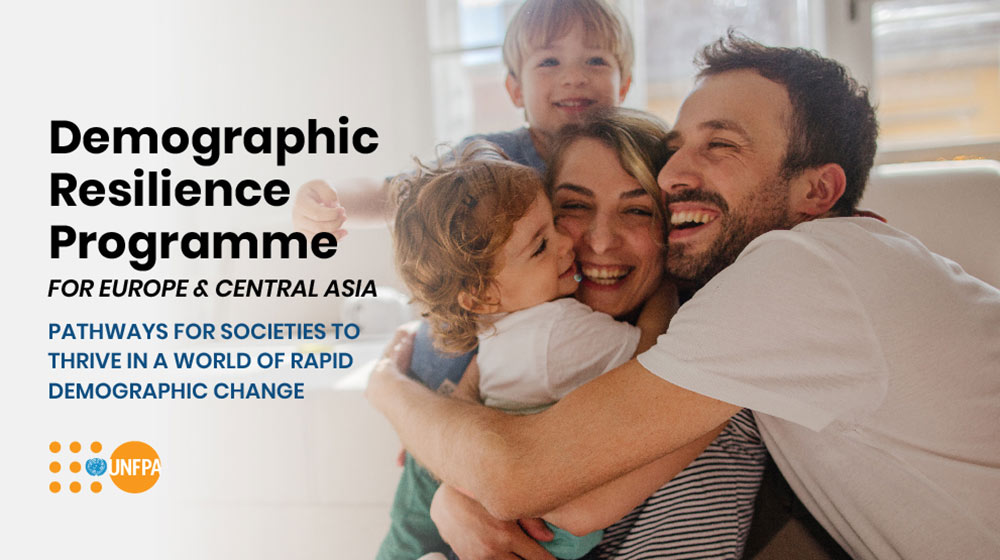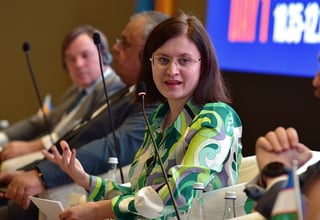They’re called repatriates, or “repats” for short, people who move back to their home countries after having emigrated. Some parts of Central and Eastern Europe — under pressure from low birth rates and high outmigration — are working to convince emigrés to return home, hoping to see their populations grow and to develop demographic resilience.
The Balkan diaspora, for example, is huge. With an estimated 53 per cent of the people born in Bosnia and Herzegovina, 45 per cent of those born in Albania, and 12 per cent of people born in Serbia living outside their countries (Migration Data Portal, 2021), government incentives to woo them back are no surprise.

The “I Choose Croatia” scheme offers up to €26,000 in subsidies to Croatians who come home and start a business. Serbia has a sophisticated combination of tax relief, start-up help and attractive technology parks, and Moldova’s PARE 1+1 programme matches private investments into new businesses started by returnees.
“I received help from three different programmes in Moldova,” said Irina Fusu, a dental surgeon who returned after five years in Russia. “It wasn’t just money. I’m a doctor, and I didn’t know management, so I was helped with business courses by the government.” Her Da Vinci dental clinic won the “best dental clinic” award in 2020.
National governments are not the only ones helping people return. In Serbia, ReturningPoint is a non-governmental organization whose mission is to create a better climate for repats. “When I decided to return to Serbia, I reached out to Returning Point,” said Ivana Zubac, a financial controller who spent 20 years in Western Europe. “I took a chance to see what things were like here, and my quality of life is now much better.” Zubac now helps mentor other newly returned Serbians.
Also returning to Serbia is Jelena Perić, a paediatric nurse who came back from Munich, where she had been working since 2011. She received support from yet another source: the German aid agency GIZ. “I wanted to help families learn about breastfeeding, which is not very popular in Serbia,” she said.
Many countries are looking for longer-term solutions, as well. When people have a decent standard of living, secure and promising jobs, good education for their children, decent health care, and an enabling environment, there are fewer reasons for them to seek these abroad.

Senad Santic said a stronger private sector also helps retain young talent. He runs ZenDev, an IT company in Mostar, Bosnia and Herzegovina, and believes job opportunities like the ones ZenDev and similar companies provide will help keep young people from leaving.
“The idea,” said Santic, “is to have conditions at home that prevent people from wanting to leave in the first place.”




